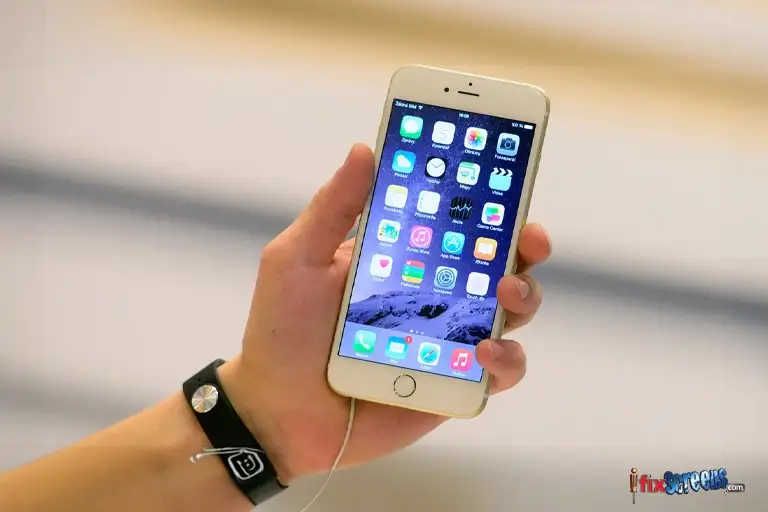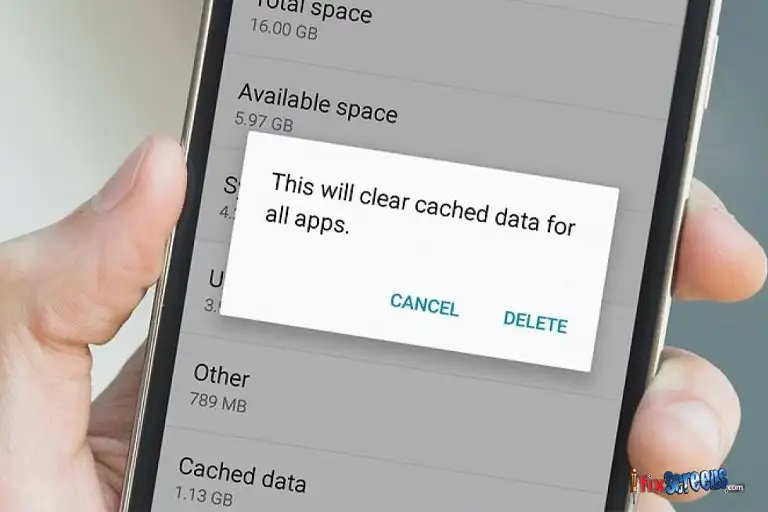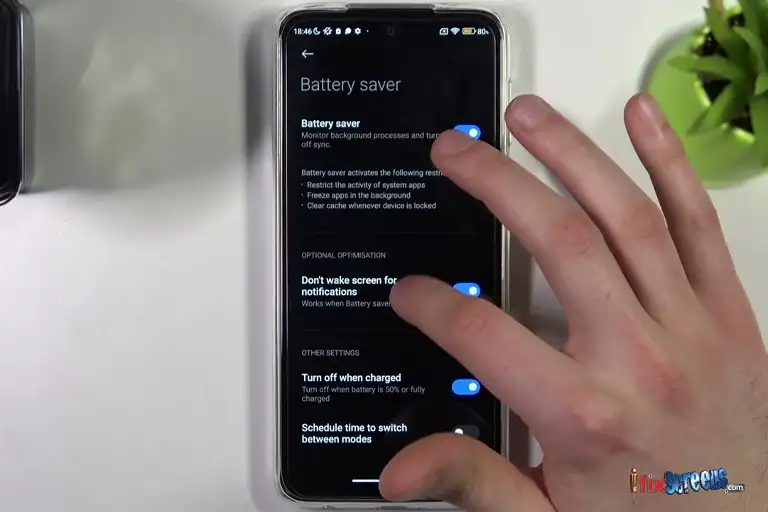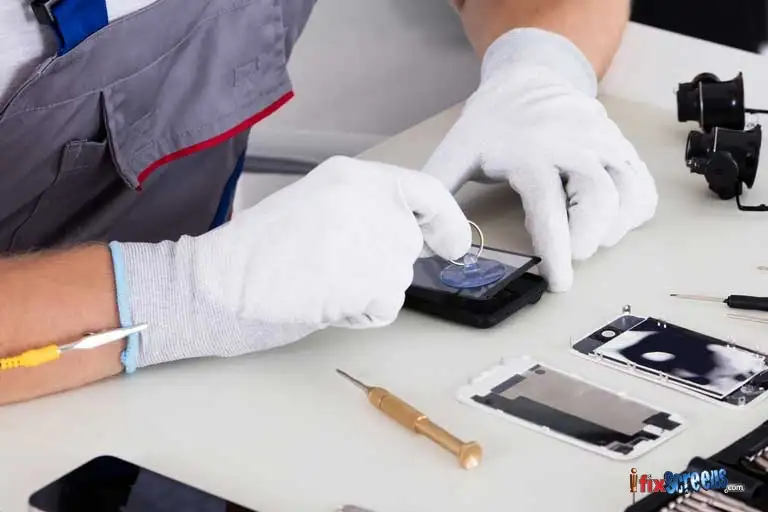Optimize Device Performance: Expert Advice for Seamless Technology Use

In today's digital age, our lives are closely connected with technology. Earlier, life was simpler, but now we rely on these tools for everything from smartphones to tablets, laptops, and smart home devices. However, nothing can be more frustrating than a slow device that hinders productivity and enjoyment. Whether it’s sluggish performance or unreliable connections, even something as basic as searching for internet near me can become a hassle Optimizing device performance is crucial to ensure a seamless technology experience. This comprehensive guide will provide expert advice and essential tips to help you make the most out of your devices.
Key Takeaways
- Regular Maintenance is Key
- Optimize Storage
- Monitor Background Apps
- Invest in Hardware Upgrades
- Troubleshoot by Clearing Your Browser Cache
- Regularly Rebooting Your Device is one of the best Practices
Regular Maintenance is Key
Like any machine, electronic devices require regular maintenance to function optimally. Neglecting your device's upkeep can decrease performance and a shorter lifespan. Here's what you can do:
Clean Your Device:
Debris and dust can accumulate in and around your device, causing it to overheat and slow down. Use compressed air to clean vents and ports, and wipe down screens and surfaces with a microfiber cloth.
Update Software:
Operating system and application updates often include bug fixes and performance enhancements. Keep your device's software up to date to ensure it runs smoothly.
Delete Unnecessary Files:
Over time, your device can become cluttered with files you no longer need. Regularly review and delete old photos, videos, and unused applications to free up storage space.
Optimize Storage
Running out of storage space is a common issue that can slow down your device. To optimize your device's storage,
Use Cloud Storage:
Take advantage of cloud storage services. They are Dropbox, Google Drive, or iCloud to store files and photos. This frees up space and allows you access to data on any device with an internet connection.
Move Apps to External Storage:
If your device supports external storage (e.g., an SD card), consider moving apps and large files to free up internal storage.
Clear Cached Data:
Apps often store cached data, which can accumulate over time. Go to your device's settings and clear cached data simultaneously for individual or all apps.

Monitor Background Apps
Background apps can drain your device's resources and slow it down. To improve performance:
Close Unused Apps:
Manually close apps running in the background that you're not actively using. Most smartphones and tablets have a task manager that makes this easy.
Limit Background Processes:
You can limit background processes in your device's settings to allocate more resources to the active app.
Optimize Battery Life
Battery life is a critical factor in device performance. Here's how to optimize it:
Adjust Screen Brightness:
Lowering your screen's brightness or enabling adaptive brightness can significantly extend battery life.
Manage App Permissions:
Some apps run in the background continuously, even when you're not using them, draining your battery. Review and revoke unnecessary app permissions to prevent this.
Use Battery-Saver Mode:
Most devices offer a battery-saver mode that limits background processes and reduces power consumption when your battery runs low.

Invest in Hardware Upgrades
While regular maintenance and software optimization can go a long way, sometimes hardware upgrades are necessary to keep your device running smoothly.
Add More RAM:
If your computer feels sluggish, consider upgrading its RAM. More RAM allows your device to handle multiple tasks simultaneously without slowing down.
Upgrade Storage:
Upgrading to a solid-state drive (SSD) from a traditional hard drive (HDD) can significantly improve the speed and responsiveness of your computer.
Replace Aging Batteries:
If your smartphone's life has significantly deteriorated, replacing the battery can give new life to your device.
Keep Security in Mind
Ensuring your device's security is not only about protecting your data but also about optimizing performance. Security threats and malware can slow down your device. To stay secure:
Use Reliable Antivirus Software:
Install trusted antivirus software if you want to protect your device from viruses.
Download Apps from Official Stores:
Avoid downloading apps from third-party sources. They may contain malicious code stuck to official app stores.
Enable Automatic Updates:
Keep your device and apps updated to patch security vulnerabilities.
Troubleshoot by Clearing Your Browser Cache
If you spend significant time browsing the internet, your browser's cache can become clogged with temporary files, slowing down your online experience. To optimize your browser's performance:
Regularly Clear Browser Cache:
Most browsers can clear your cache in the settings menu. Clearing the cache can improve page loading times.
Use Browser Extensions Sparingly:
While browser extensions can enhance functionality, having too many can slow down your browser. Disable or remove extensions you no longer need.
Streamline Startup Programs
When your computer boots up, several programs and services start automatically. This can slow down the boot time and overall performance of your device. To streamline startup programs:
Disable Unnecessary Startup Programs:
In your computer's settings or task manager, you can disable programs from starting up with your computer. Only keep essential programs enabled.
Use a Startup Manager:
Consider using a startup manager program to control which programs launch at startup easily.
Regularly Rebooting Your Device is one of the best Practices
Sometimes, a simple reboot can work wonders for device performance. Rebooting your device clears its memory and closes all running processes, which can help resolve performance issues.
Make It a Habit:
Try to reboot your device at least once a week to keep it running smoothly.
Seek Professional Help When Necessary
If your device is still experiencing performance issues despite following these tips, it might be time to seek professional assistance. Expert technicians can diagnose and resolve hardware or software problems causing the slowdown.

Conclusion
In conclusion, optimizing device performance is essential for a seamless technology experience. Following these expert tips, you can keep your devices running smoothly and efficiently. Regular maintenance, storage optimization, and software updates are key to ensuring your devices perform at their best. Improving battery life, security, and startup processes can enhance your technology experience. Feel free to seek professional help if you encounter persistent performance issues. With the proper attention, you can enjoy a fast and responsive tech environment in your daily life.
FAQ's
Q: What is the importance of optimizing device performance?
A: Optimizing device performance is important because it improves overall efficiency and functionality. It allows you to enjoy a seamless technology experience and ensures your device runs smoothly without any performance issues.
Q: How can I optimize my mobile device's performance?
A: To optimize your mobile device's performance, follow these tips: 1. Update your device's operating system and apps regularly. 2. Close unused apps running in the background. 3. Clear cache and unnecessary files from your device. 4. Limit the number of widgets and live wallpapers on your home screen. 5. Disable unnecessary animations and visual effects. 6. Manage your device's storage by deleting unused apps and files. 7. Disable or restrict background data usage for apps. 8. Restart your device regularly to refresh its memory. 9. Avoid installing unnecessary apps or widgets that may slow down your device. 10. Use a reliable antivirus app for your device to protect it from malware and viruses.
Q: Why is it important to consider network performance optimization?
A: Network performance optimization is essential because it ensures your device can connect and communicate efficiently with other devices and online services. It helps prevent slow internet speeds, laggy connections, and other network-related issues impacting your overall technology experience.
Q: How can I optimize the network performance?
A: To optimize network performance, you can try the following: - Use a wired connection - Move closer to the router for a stronger signal - Update your router's firmware - Avoid interference from other devices - Disconnect devices that are not in use
Q: Why is it important to regularly update my device's software?
A: Regularly updating your device's software ensures you have the updated bug fixes and security patches, improving performance and protecting you from potential vulnerabilities.